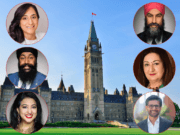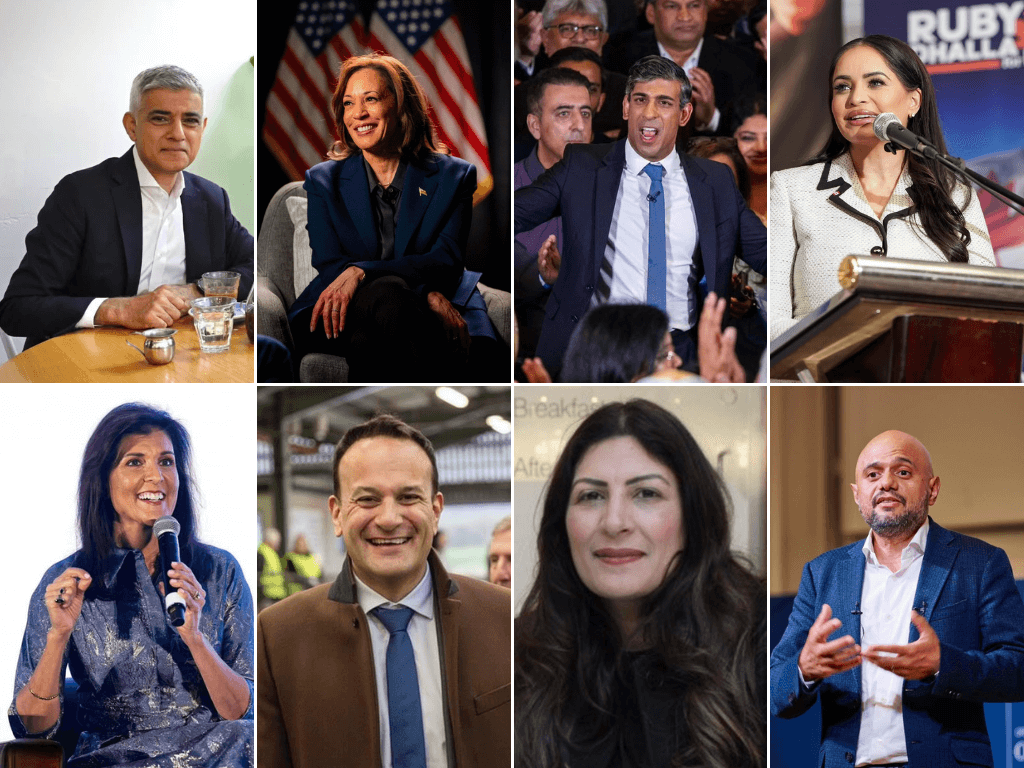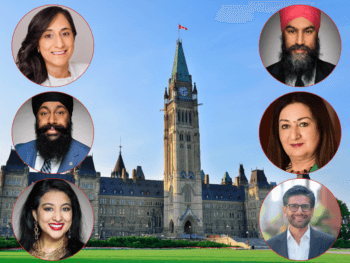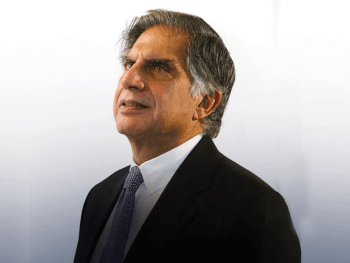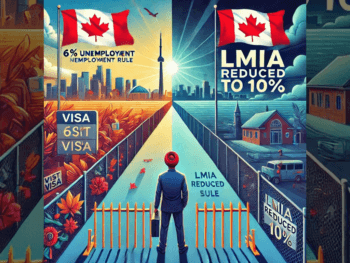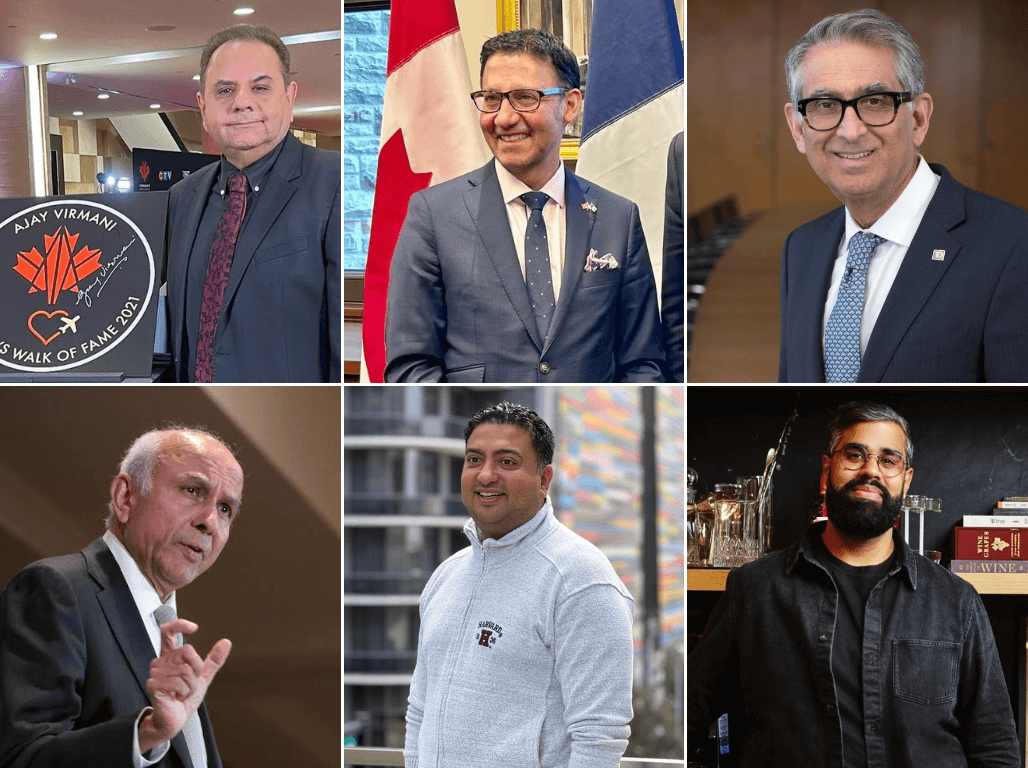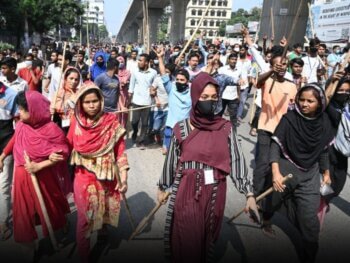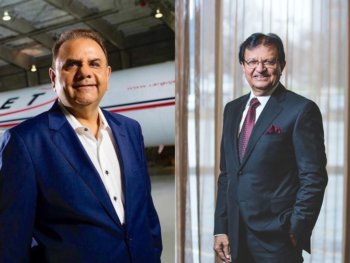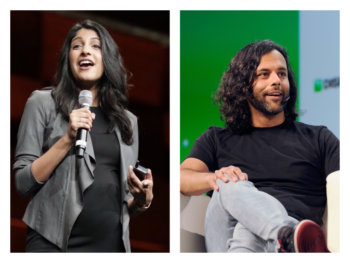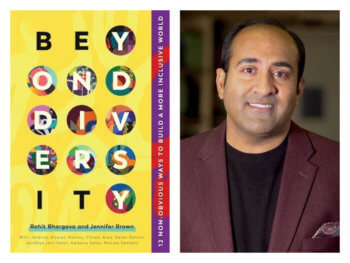In recent years, an increasing number of leaders from South Asian backgrounds have risen to prominent positions in politics worldwide. This trend, often regarded as a testament to the growing influence of the South Asian diaspora, has spotlighted figures such as Rishi Sunak in the United Kingdom, Kamala Harris in the United States, and Ruby Dhalla in Canada. While these successes underscore progress in representation, they also highlight the complexities and challenges that can accompany cultural identity in global politics.
Key Figures and Their Journeys
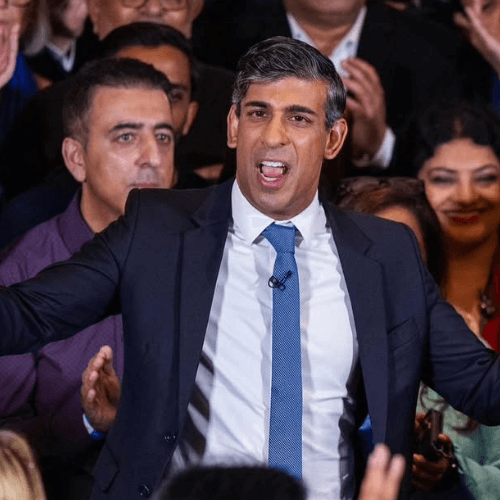
Rishi Sunak – Prime Minister of the United Kingdom
Background: Born in Southampton to Indian-origin parents, Sunak built a successful career in finance before entering politics as a Member of Parliament.
Rise to Power: Sunak served as Chancellor of the Exchequer, leading the UK through the economic trials of the COVID-19 pandemic before becoming Prime Minister in 2022.
Significance: As the first British Prime Minister of Indian descent, Sunak’s leadership illustrates the changing face of British politics and the broader acceptance of diverse backgrounds in government.
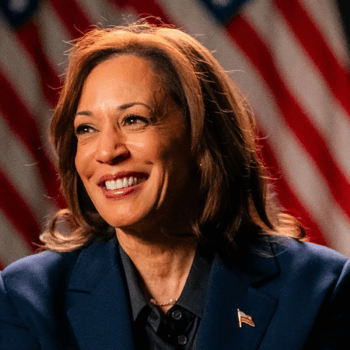
Kamala Harris – Vice President of the United States
Background: Harris was born in Oakland, California, to a Jamaican father and an Indian mother. Her Indian heritage is rooted in Tamil Nadu, India.
Political Milestones: She served as District Attorney of San Francisco, Attorney General of California, and U.S. Senator before running for Vice President on Joe Biden’s ticket.
Historic Firsts: In 2021, Harris made history by becoming the first woman, a Black person, and the first person of South Asian descent to serve as Vice President of the United States.
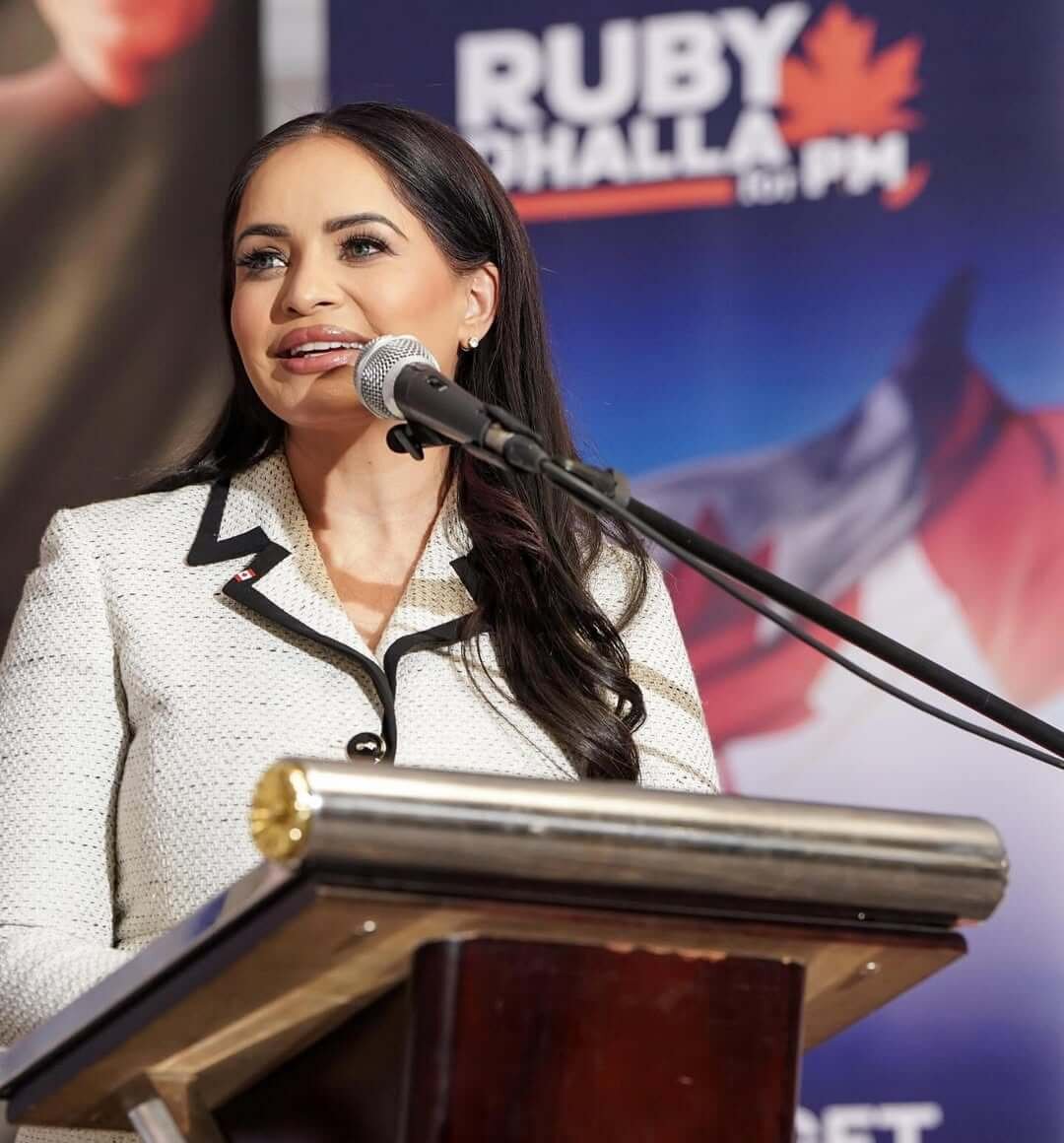
Ruby Dhalla – Former Member of Parliament
Background: Dhalla, born to Indian immigrants in Winnipeg, Manitoba, served as a Member of Parliament in the House of Commons of Canada from 2004 to 2011.
Political Focus: During her tenure, she advocated for policies on healthcare, immigration, and women’s rights.
Recent Developments: As one of the first Sikh women to serve in Canada’s Parliament, Dhalla’s political involvement broadened conversations around multiculturalism within Canadian politics. More recently, Dhalla had entered the race to run for the Liberal party of Canada’s leadership race.
Other Prominent Examples

Leo Varadkar (Ireland): Former Taoiseach (Prime Minister) and current Tánaiste (Deputy Prime Minister), Varadkar was born to an Indian father and an Irish mother. His leadership brought LGBTQ+ representation and a multicultural perspective to Ireland’s highest political office.

Nikki Haley (United States): Born Nimrata Randhawa to Indian immigrant parents, Haley served as Governor of South Carolina and the U.S. Ambassador to the United Nations.
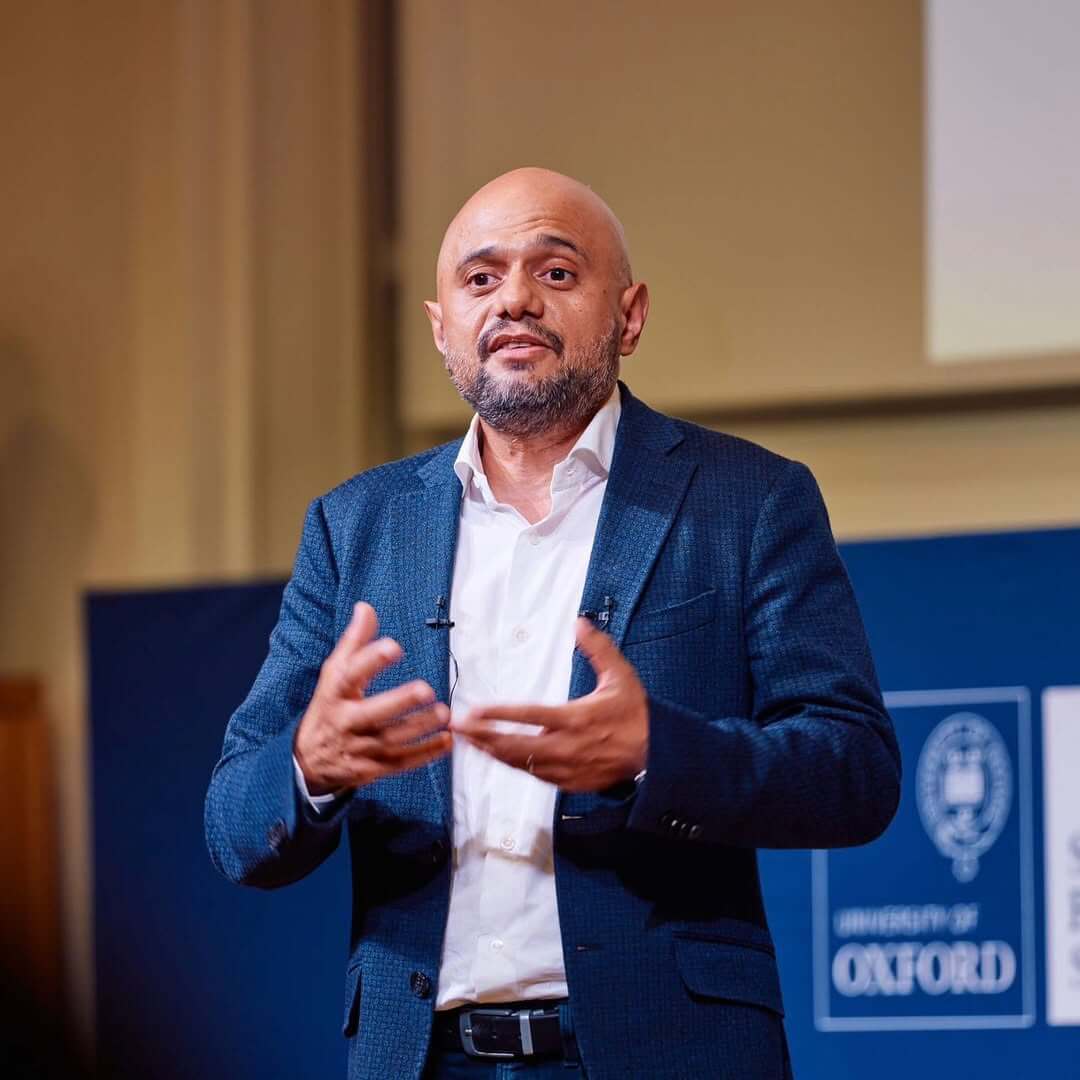
Sajid Javid (United Kingdom): Of Pakistani descent, Javid has served as Home Secretary, Chancellor of the Exchequer, and Secretary of State for Health and Social Care. His career trajectory showcases the upward mobility and influence possible for politicians with South Asian heritage in Western democracies.
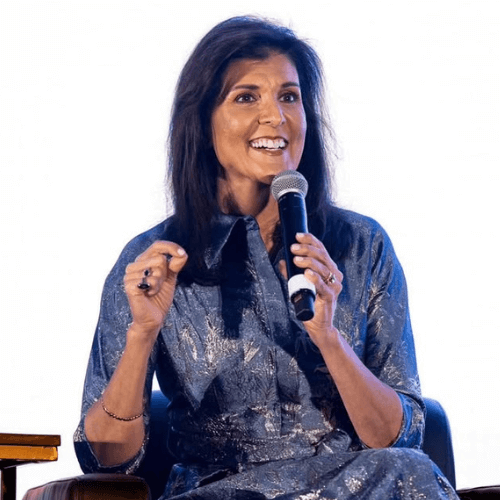
Preet Gill (United Kingdom): The first female Sikh MP in the UK, Gill has emphasized community relations and social justice issues, reinforcing her position as an advocate for underrepresented groups.
…
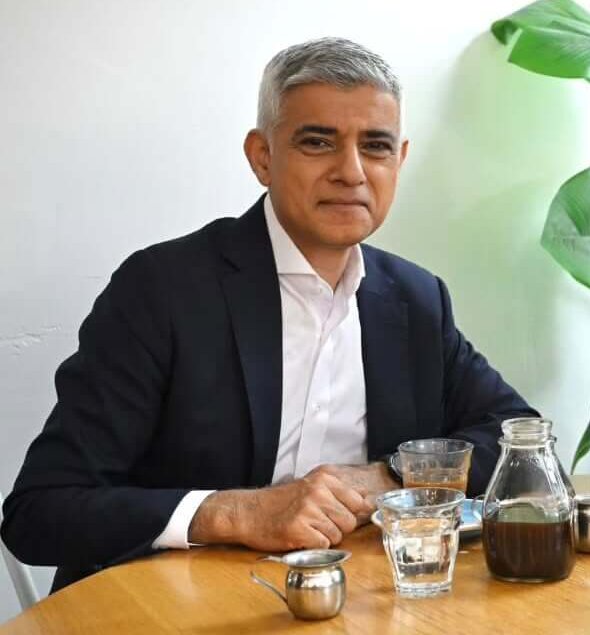
…
Growing Diaspora Influence
Decades of migration have led to sizeable South Asian communities in North America, Europe, and beyond. Over time, second and third-generation immigrants have become more engaged in local politics, leveraging their bicultural identities to connect with diverse constituencies.
Balancing Dual Identities
Leaders often walk a tightrope between fulfilling the expectations of their ancestral heritage and meeting the demands of their electorates:
- Within the Diaspora: Some constituents may question whether leaders faithfully represent the interests of South Asians abroad.
- Mainstream Political Landscape: Opponents may leverage background narratives to stoke nationalist sentiments or question a leader’s loyalty.
Facing Racism and Xenophobia
Although the success of these politicians highlights social progress, incidents of racism and xenophobia persist. Campaigns sometimes face microaggressions or outright discrimination, underscoring that visibility alone does not ensure acceptance.
Are There Red Lights on the Success Story?
Scrutiny Over Policies vs. Identity
- Policy Criticism: Leaders are ultimately judged on their policymaking. For instance, economic and foreign policy decisions by Rishi Sunak or Kamala Harris can overshadow the symbolic victory of having a South Asian heritage in high office.
- “Model Minority” Myth: Highlighting only high-profile success stories can perpetuate the “model minority” stereotype, potentially glossing over ongoing socioeconomic struggles within the broader diaspora.
Political Polarization
- Diaspora Divisions: Complex issues such as immigration reform or foreign policy toward South Asia can create tensions within diaspora communities, challenging any notion of a unified political perspective.
- Global Geopolitics: India’s growing geopolitical influence can place diaspora leaders in sensitive positions when shaping or commenting on foreign policy, particularly if it conflicts with the interests of their electorate or party.
Future Projections and Perceptions of Indians Worldwide
Increasing Representation
Demographic shifts suggest more politicians and public officials of South Asian heritage will emerge on the global stage. Their educational and economic mobility often paves pathways into law, policy, and governmental roles.
Multicultural Acceptance
While the presence of South Asian leaders in high office is a sign of broader acceptance, it’s crucial to remember that prejudice doesn’t disappear overnight. This underscores the urgent need for anti-discrimination efforts and policies to reinforce and accelerate social progress.
Indian Soft Power
India’s economic growth, cultural exports (e.g., Bollywood), and robust tech sector have a significant influence on global perceptions. Politicians of Indian origin often act as cultural and diplomatic bridges, fostering potentially stronger international collaboration and paving the way for a more interconnected future.
Cautionary Notes
- Rising Populism: In some contexts, nationalistic or populist movements can fuel a backlash against leaders with immigrant backgrounds.
- Maintaining Authenticity: Balancing authenticity, cultural heritage, and national unity remains a core challenge as leaders strive to represent increasingly diverse constituencies without alienating significant voter segments.
Conclusion
The ascent of South Asian political figures like Rishi Sunak, Kamala Harris, Ruby Dhalla, and others underscores significant strides in diversity and representation. These leaders’ stories symbolize opportunities for minority communities to attain influential political roles.
Yet, this success narrative is not without its complexities. Identity politics can intersect with policy, public opinion, and media scrutiny, challenging leaders from the diaspora to maintain a delicate balance. Looking forward, the global perception of Indians—and South Asians more broadly—will likely continue to evolve. With India’s rapid economic rise and diaspora communities becoming ever more influential, the presence of South Asian leaders on the world stage may further reshape traditional narratives and diplomatic strategies. However, sustained progress calls for concerted efforts toward inclusion, cross-cultural dialogue, and an unwavering commitment to equal opportunity.
Author
Internationally celebrated, award-winning media personality and author of several business and lifestyle articles, Tushar Unadkat, is the CEO, Creative Director of MUKTA Advertising, Founder, and Executive Director of Nouveau iDEA, Canada. He holds a Master of Design from the University of Dundee, S...
























